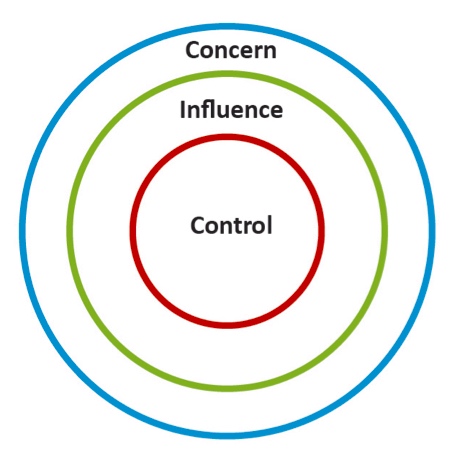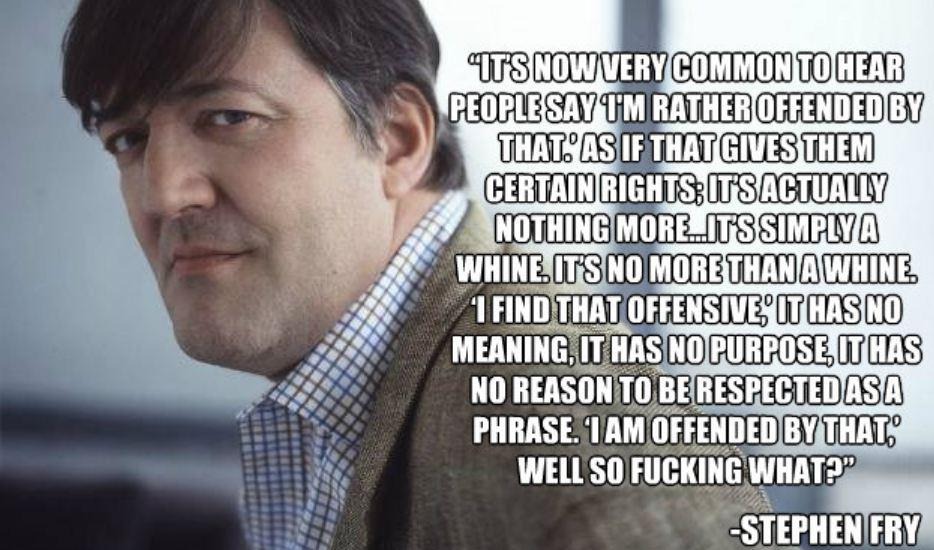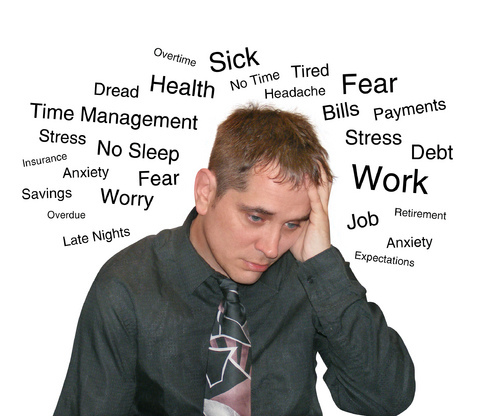Controversy is a kind of currency in the journalism business; it increases engagement by provoking passions in people and gets them sharing posts and pounding their keyboards in response. Speaking from personal experience, when commenters use all caps, it totally changes my mind around to their point of view.
In all seriousness though, I don’t actually write my columns to deliberately provoke controversy, although it is fun. As I said in a recent column, this isn’t therapy, where I write to merely purge my emotional brain and troll for likes on the old social-media circuit. Although I am a passionate guy, I learned a long time ago that there isn’t much point in getting enraged about things outside of my control. Believe it or not, we only have a limited supply of mental energy, and I’m not going to waste mine on things that will only inevitably come to pass, and will really have only a marginal effect on my day-to-day life. It’s a kind of maturity I started to discover when first preparing for selection.
You need to sort out the important from the unimportant, or as Canadian astronaut Chris Hadfield put, focus on “what can kill me next” (Hadfield, 2014). What I generally like to do is to sort things into circles. This is adapted from Stephen R. Covey’s “7 Habits of Highly Effective People.”

The big, wide, encompassing circle is our circle of concern. It’s large because there are lots of things that concern us, from Islamic terrorism to who is going to win the Super Bowl. Within that circle is a smaller one—the circle of influence. Within that, you put things that you may have an impact on or influence over. This may include a very diffuse impact such as the outcome of the next election, or a much stronger one such as the success of your business. The inner perimeter is your circle of control, those things that you have definitive control over, such as how much you study or practice for a test or evaluation, or what you put into your body (Covey, 2004).
By now I expect you’ve figured out the next step. The closer to the centre of the circle something is, the more attention and energy I give it. It seems obvious, but when you start to look at everything around you with this perspective, you start to see how exceedingly rare this approach is. Shooting the shit around the locker room and solving the world’s problems is one of the things we do best, but then you see guys losing their minds over foreign policy X or the new PT standard Y, going home and kicking their dog over it, or, my favourite, threatening to quit. You really begin to wonder where their perspective is.
These two examples are definitely within our circle of concern; it affects what we do and how we do it, so it’s natural and healthy we debate them. But how productive is it to invest precious emotional energy into it? Governments do dumb shit, bosses do dumb shit, it’s going to happen. Sometimes the only thing in our control is our reaction to it, and this is a choice we make, like whether or not to be offended by something.
I lead a busy life, and I have definitely found it far more productive to focus on things that directly affect me, and that I can actually influence. As I get wound up by issues, I quickly place it in one of those circles. If it’s in my circle of concern and affects me, I will pay more attention. If it crosses over into my circle of influence or control, like a client having motivation issues, I can decide to do something about it and come up with a strategy to address it. In the case of a client, I will remind myself that the issue is only in my circle of influence, not control, and if he ultimately ignores my advice, that’s his decision to make and ultimately not my responsibility.

If it’s my own behavior, then it is definitely in my circle of control and yes, I sometimes need to remind myself that the buck stops here. I have been trying to practice mindfulness/meditation/focus training, and it is damn hard to be still. But no matter what interruptions there are, allowing them to interfere is something I control. I can’t blame it on the phone, my schedule, or the fact that the Canucks are scheduled to play at the time I usually set aside. So if, at the end of the week, I find I haven’t practiced, then I need to own it, and, furthermore, I need to control my behavior better next week.
So the next time you find your blood pressure rising over some government or corporate decision, take a second and figure out what circle it belongs in. If it’s outside your influence, let it go. If it’s within your influence, do what you can. If it’s within your control, stop making excuses and make the change.
Already have an account? Sign In
Two ways to continue to read this article.
Subscribe
$1.99
every 4 weeks
- Unlimited access to all articles
- Support independent journalism
- Ad-free reading experience
Subscribe Now
Recurring Monthly. Cancel Anytime.












COMMENTS